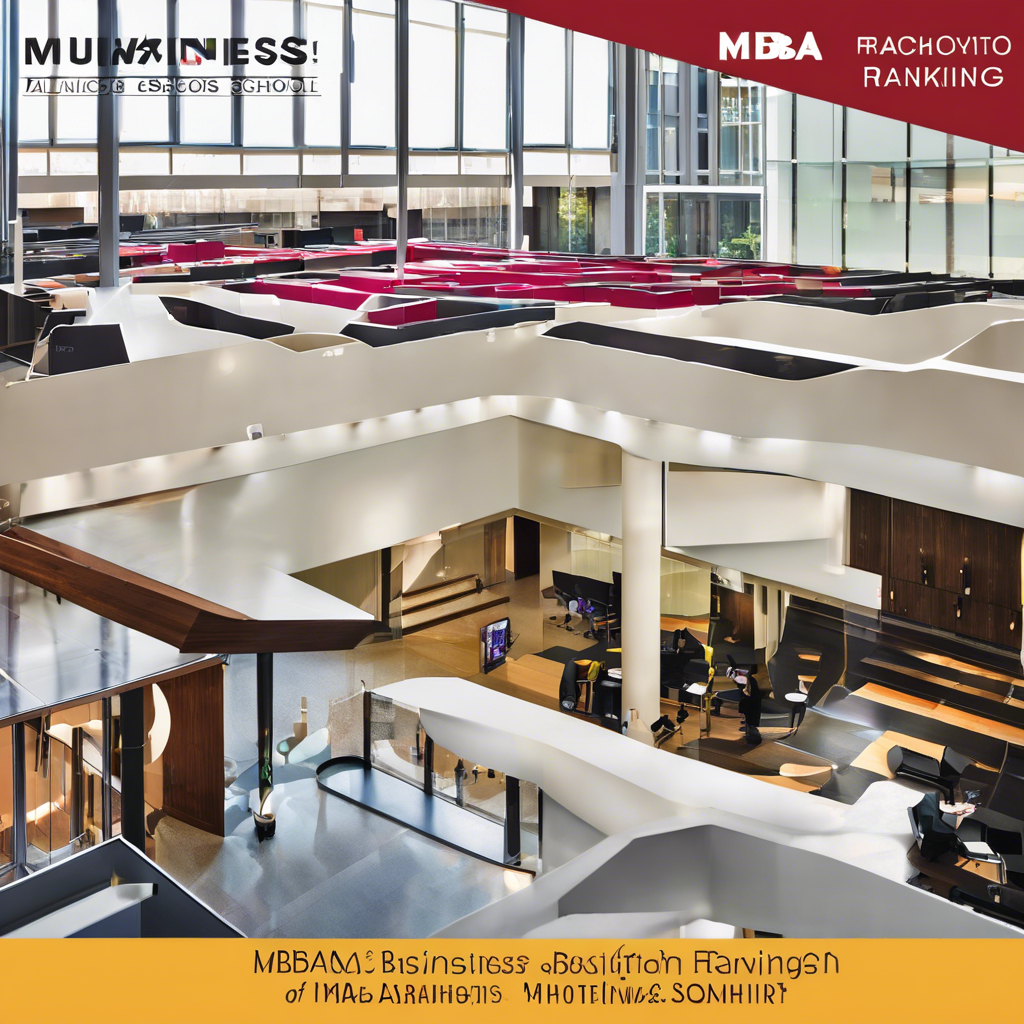MBA business school rankings play a significant role in guiding prospective students and employers in evaluating the performance and reputation of various business schools worldwide. These rankings are compiled based on several factors, including program quality, faculty expertise, alumni satisfaction, and career outcomes. As such, they serve as valuable tools for individuals seeking to pursue a Master of Business Administration (MBA) degree and for organizations looking to recruit top talent from leading business schools.
The publication of annual MBA rankings by reputable sources such as Financial Times, QS World University Rankings, and U.S. News & World Report generates considerable attention and debate within the business education community. These rankings provide a comparative analysis of different MBA programs, highlighting the strengths and weaknesses of each institution based on specific criteria. While rankings can offer valuable insights, it is essential for prospective students to consider their personal and professional goals when assessing the relevance of these rankings to their individual circumstances.
One of the key factors considered in MBA business school rankings is program accreditation. Accreditation by respected bodies such as AACSB International, AMBA, and EQUIS signifies that a business school meets high standards of academic quality and institutional integrity. Accreditation status can enhance the credibility and reputation of an MBA program, signaling to stakeholders that the school adheres to best practices in business education and maintains a commitment to continuous improvement.
In addition to accreditation, MBA rankings often take into account factors such as faculty qualifications, research output, student selectivity, and diversity. A strong faculty comprising experienced professors and industry experts can greatly enhance the learning experience for MBA students, providing valuable insights and networking opportunities. Research productivity and academic publications by faculty members can also contribute to a business school’s reputation and standing in global rankings.
Furthermore, student satisfaction and career placement rates are critical indicators of the effectiveness of an MBA program. Alumni feedback on their educational experience, career progression, and overall satisfaction with the program can influence a business school’s ranking position. High rates of post-graduation employment and competitive salaries for MBA graduates can demonstrate the relevance and market value of a school’s curriculum and resources in preparing students for successful careers in the business world.
It is important to note that MBA rankings are not the sole determinant of the quality or suitability of a business school for every individual. Factors such as program specialization, location, cost, and cultural fit should also be taken into consideration when selecting an MBA program. Prospective students are encouraged to conduct thorough research, visit campuses, attend information sessions, and connect with current students and alumni to gain a comprehensive understanding of their target business schools beyond ranking positions.
